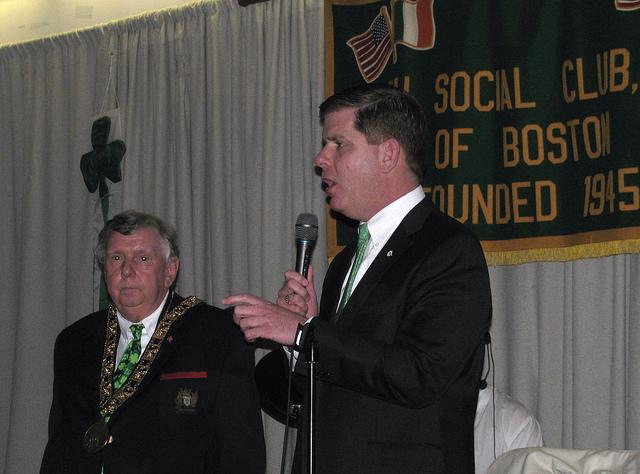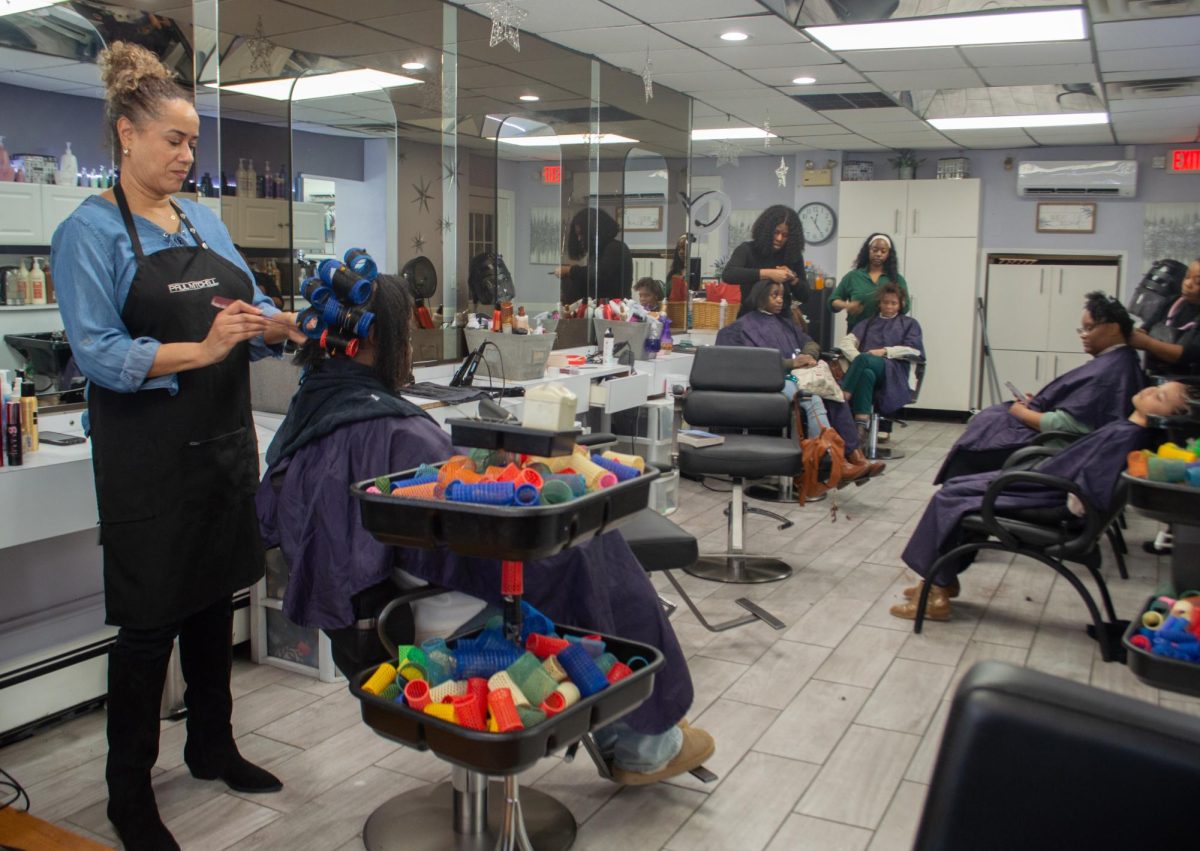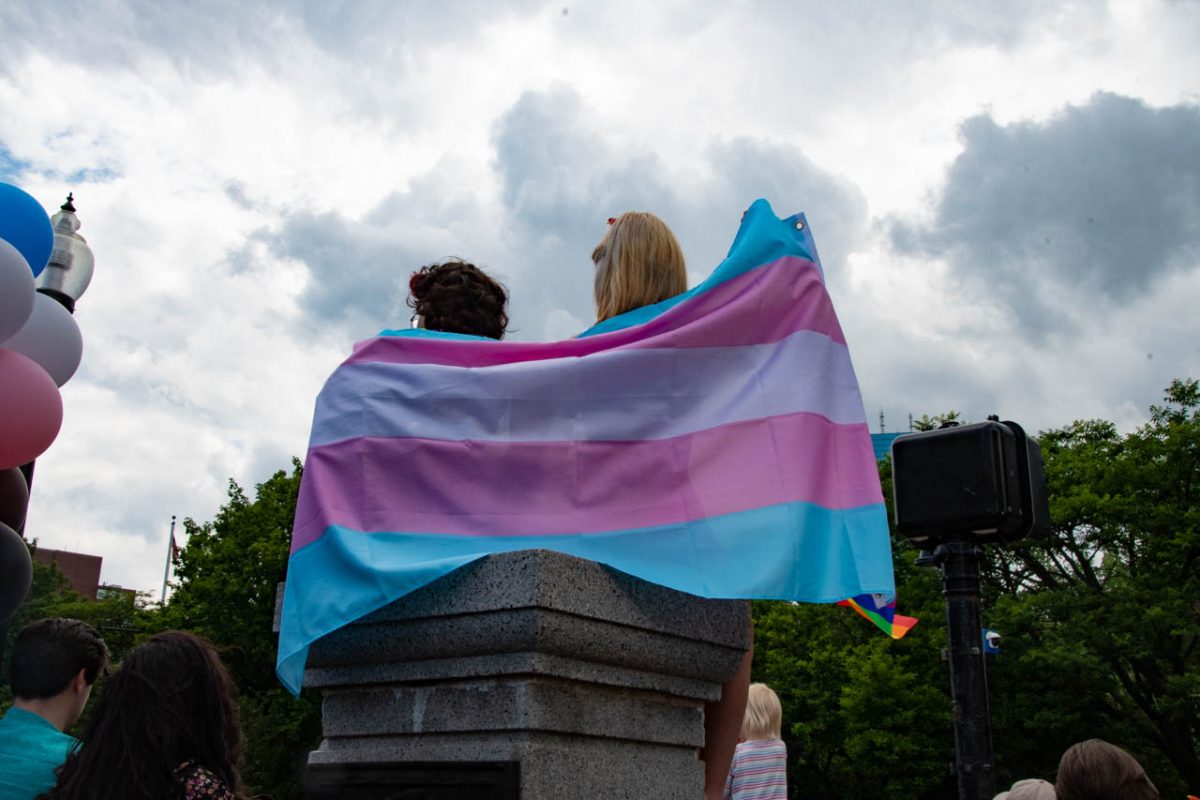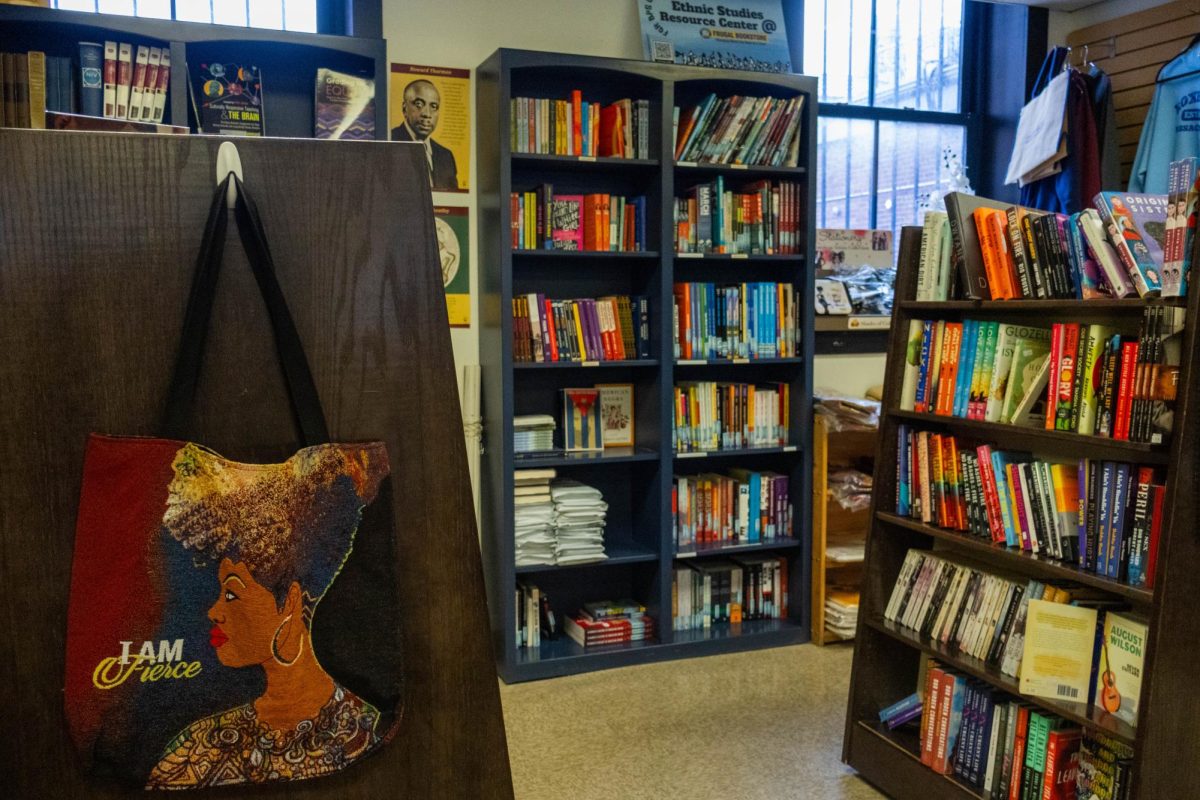By Rowan Walrath, city editor
Mayor Martin J. Walsh returned Monday from an 11-day trip to Ireland and Northern Ireland. The trip was twofold: it allowed Walsh to reconnect with his Irish roots as well as foster ties between Boston and various cities across the island.
“His goal was to strengthen the very strong economic, cultural, political and social ties that have existed between Boston and Ireland for generations,” Breandán Ó Caollaí of the Consul General of Ireland in Boston said in an e-mail to the News. “I believe the mayor accomplished this goal completely.”
Over the course of his trip, Walsh visited Galway, Rosmuc, Carna, Knock and Letterkenny in Ireland before crossing the border to Northern Ireland to visit Derry and Belfast. His final stop was Dublin, capital of the Republic of Ireland.
Walsh has close personal ties to the island. Born to two Irish immigrants, he has visited Ireland more than 30 times, especially Connemara in the western part of Ireland from which his parents immigrated in the 1950s.
“In my own opinion, the visit of Mayor Walsh was really appreciated by the residents of Galway City and County,” Jarlath Canney, spokesman for the Galway City Council, said. “He was awarded an official welcoming ceremony by both Galway City and County Council.”
Growing up, Walsh spent a great deal of time in Galway, residing there for entire summers. Now, he continues to actively cultivate his own connection to Ireland. According to Ó Caollaí, he knows the Irish language, which served as another contributing factor in the warm welcome he received from the Irish people.
Walsh expressed his gratitude for the chance to further cultivate the Irish roots he so deeply values.
“My trip to Ireland held deep personal meaning to me, giving me an opportunity to return to my parents’ homeland and gain a deeper understanding of my bond with Ireland,” Walsh said in an e-mail to the News.
Walsh represents a connection between Ireland and Boston. While most Irish-American politicians have been fourth or fifth-generation Irish, Walsh is much more closely connected with a history of Irish immigrants as unwanted others. A past of anti-Irish racism in the US, combined with Walsh’s own Irish status, allows him to understand structural discrimination and oppression on a more personal level.
“Because his parents are from an extremely Celtic, extremely poor part of Ireland… he’s not that far removed from historical marginalization,” Michael Patrick MacDonald, professor of a course on conflict resolution in Northern Ireland who worked as an international observer on Garvaghy Road in Portadown, Northern Ireland in the 1990s, said. “That’s what the trip to the west of Ireland represented. He would have greater empathy for other minority individuals.”
Walsh also acts as a representative of Boston’s large Irish community and therefore a tie between those citizens and the city government.
“As the son of Irish emigrants [sic], he represents the hopes and aspirations of so many immigrants to this city and for the opportunities it offers to them and, more importantly, their children,” Ó Caollaí said.
Walsh spent one of his three days in Northern Ireland in the city of Belfast, where he toured the eastern part of Boston’s sister city and attended a business luncheon with a local activist group.
“Walsh met with Relatives for Justice,” MacDonald said. “That group is really at the forefront of this movement to deal with the past and not sweep it under the rug.”
Relatives for Justice is an organization for transitional justice and support for victims of British collusion who have lost family to murder by the highest level of the British government, including Military Intelligence, Section 5 (MI5), which is now the U.K. Security Service. Its members aim to promote and protect human rights, social justice and conflict resolution.
According to MacDonald, the heart of the current conflict lies in a lack of knowledge about how various sides—Ireland, Northern Ireland and Britain—have contributed to the tensions. There have been various atrocities that have yet to be confronted.
“What wasn’t dealt with was this sticking point we’re at now, which is as important as anything else,” MacDonald said. “There’s a lot of truth-telling to go around. What we want to do is support them in their efforts to move forward any advocacy for a more international authority process on the truth.”
Walsh wishes to foster cultural and economic bonds between Boston and Northern Ireland as well as Ireland.
“I also gained a new appreciation for Boston’s bond with Ireland and the strength we can draw from a transatlantic partnership as we grow and move forward together in a global economy,” Walsh said.
On the last leg of his trip, Walsh made a guest appearance on what the Boston Globe called the Irish equivalent of “The Tonight Show” in Dublin.
“Mayor Walsh … appeared on the Brendan O’Connor show on Saturday night,” Canney said. “The show was on our national television station, Radio Telefis Eireann.”
Although he returned on Sept. 29, Walsh is currently preparing for the Golden Bridges Conference, a Boston-based symposium designed to further develop economic ties with the island.
“This conference will seek out very concrete ways in which the economic ties can be further developed to the mutual advantage of Boston and Ireland and Northern Ireland,” Ó Caollaí said.
Photo courtesy Mark Sardella, Creative Commons









